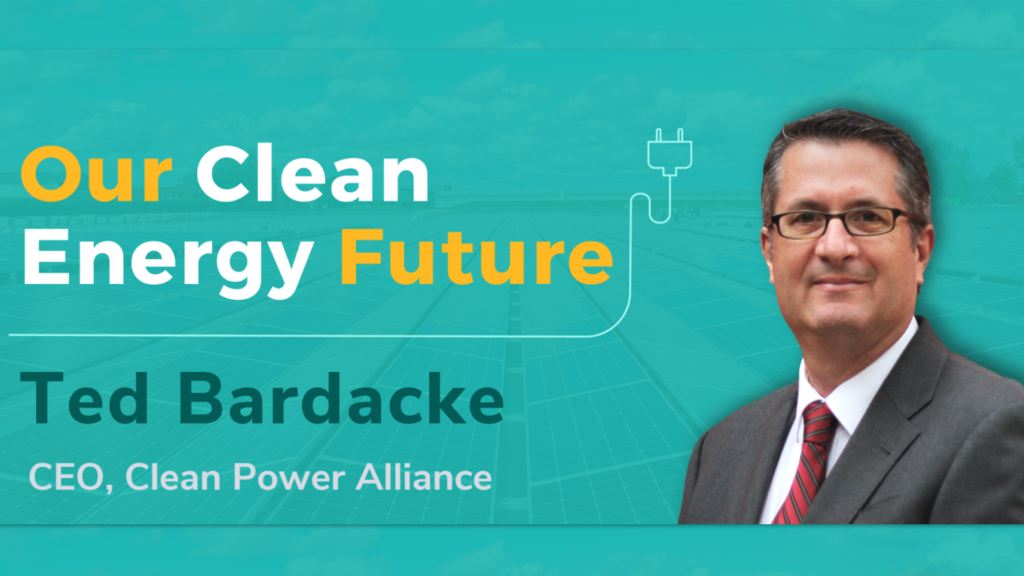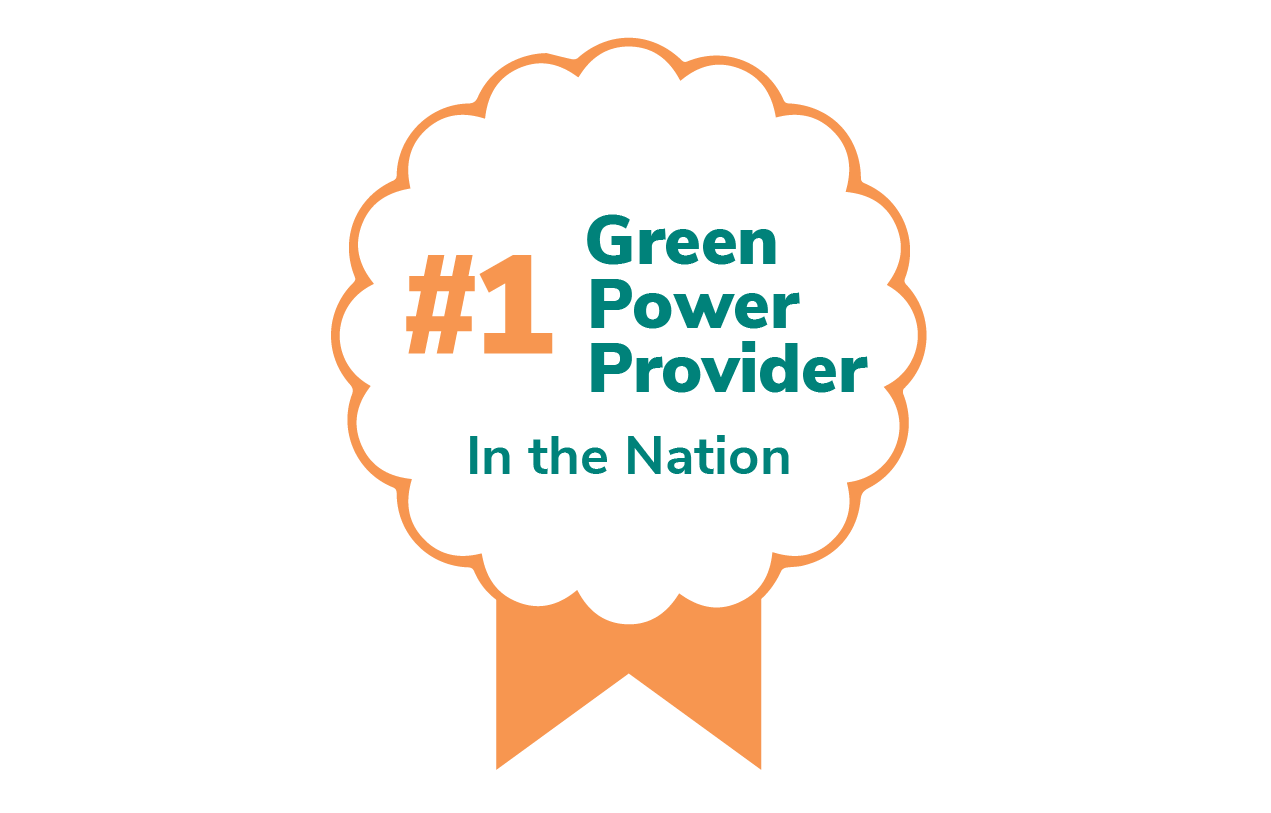


Welcome to Our Clean Energy Future, CPA Chief Executive Officer Ted Bardacke’s bi-monthly feature where he shares insights into the energy sector and greening our Southern California communities.
This month CPA is marking its fifth anniversary of serving customers. While there is much to celebrate about this milestone – and to remember about the efforts of Los Angeles County, founding board directors, and CPA’s early staff – my focus is on the next five years and what CPA can do to advance the clean energy transition in a way that benefits our communities here in Southern California.
The good news is that we start from a very solid base of strong consumer demand, available investment capital, and willing partners. Customer acceptance and support for renewable energy choices is solid. A recent consumer survey by consulting and accounting firm EY reported that 68% of utility customers want a choice of energy products and that, if offered a choice, clean energy would factor into their decision about which provider and product to choose.
We see this playing out in real time at CPA and in Southern California in general. There is less than two percentage points of difference between customers in communities that have chosen 100% renewable energy as their preferred energy product and those who have chosen less expensive products with a lower renewable energy content. Our fellow electricity provider here in Southern California, SCE, fully subscribed its 100% renewable energy program and now must put newly interested customers onto a waiting list.
Meanwhile, despite recent volatility in energy markets and resulting spikes in bills, the long-term outlook for rates in a renewables and electricity dominated energy sector is promising. With the fuel costs of renewable energy at zero, the trend will be towards more stable prices as we emerge from the short-term volatility and CPA and other providers bring on more long-term contracts at fixed prices. Already at CPA, the price differential between our cleanest product and our one with the fewest amount of renewables has declined by two-thirds in the last four years – well within the cost differential threshold that Yale University’s Program on Climate Change Communication reports that the average consumer is willing to pay for renewable energy.
Within the capital markets, there is plenty of investment dollars ready to construct new renewable energy projects, and recent federal legislation will mean even more capital for the type of projects that benefit local communities and grow well-paying middle class jobs that CPA and its developer partners have pioneered. Since 2018 CPA has signed 30 contracts for approximately 3000 MW of renewables and energy storage with industry leading developers, deploying billions of dollars of capital, mostly here in California.
The unique part of these projects is that the developers are willing to work with us on the qualitative side of things – all our new-build projects since 2019 have or will use union labor with Project Labor Agreements. Many of these projects have targeted hire provisions for specific populations like veterans and those emerging from the criminal justice system, and are responsibly-sited not just to pass government environmental permitting requirements but are ready to be screened for additional environmental benefits through our partnership with The Nature Conservancy. Coming soon will be an emphasis on building up our domestic manufacturing supply chain and siting projects in areas with a high concentration of workers in the fossil fuel industry to strengthen those local economies.
CPA is a disruptor in an energy market that is itself being disrupted. So there will be a lot of bumps along way in this clean energy transition. And there will be a tremendous amount of collective work necessary to maintain the strong social consensus around the transition to high levels of renewable energy. But we can keep our customers happy, rates manageable, and build our way to success in an environmentally and socially responsible manner.
